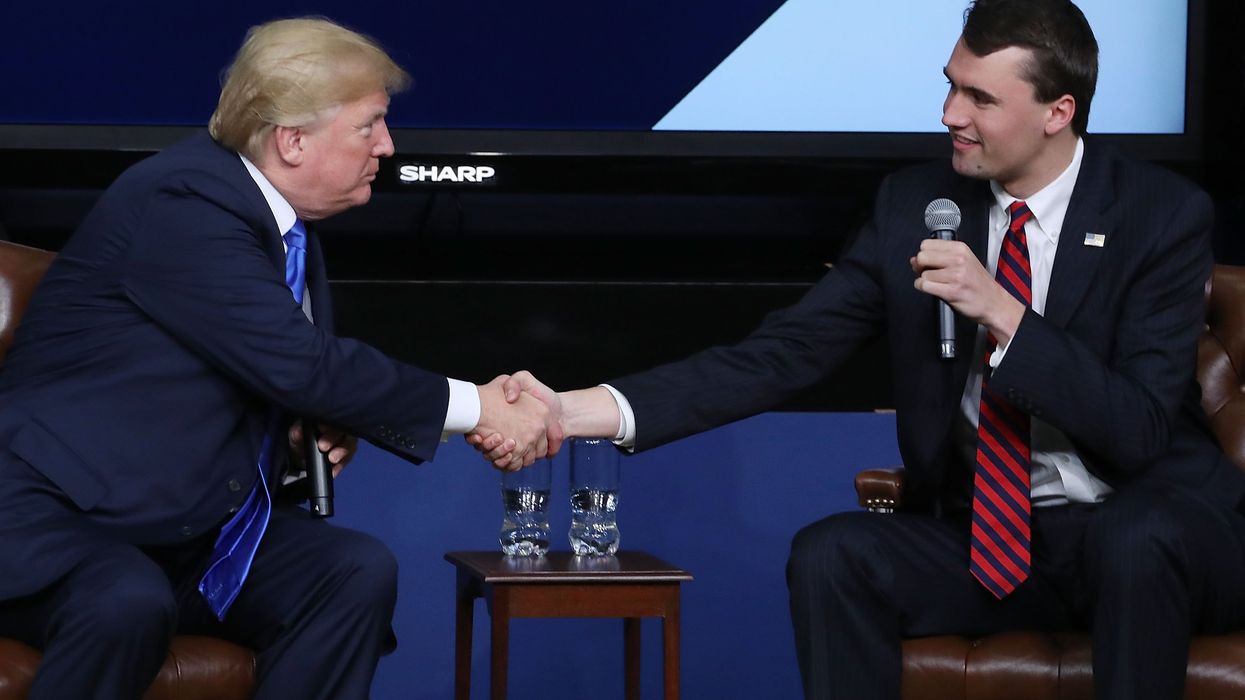Editor's Note: The following is a guest post by Riaz Patel
About a week ago I was "unfriended" by someone on Facebook. Since then, I have spent many nights wandering around my kitchen at 3 am. And as I poured yet another bowl of cereal by the light of the refrigerator, I asked myself: was I a truly good person? If so, why was I so easily disposable? Perhaps I was completely unaware of aspects of myself that are deeply objectionable to those who know me.
To be clear, I don’t spend a lot of time on Facebook. In fact, I often forget to look at it for days on end. Which is all to say, the “minus one” in the Friend tally wasn't an ego hit. It was a heart-directed strike.
Because this wasn’t just a friend on Facebook. This was an actual Friend. Capital “F.” For well over a decade.
We’d met through work ages ago and had immediately taken a profound liking to one another. And as we built our careers, we’d always make it a point to celebrate our successes together as well as offer support during those times when Hollywood can leave you flat on your back and feeling alone. Since 2011 we’d regularly volunteered side-by-side at a domestic violence shelter and those experiences, in particular, became the basis of an even deeper friendship. We were so close, in fact, that as recently as this past May she was the “you-just-brought-your-baby-home-and-I-can’t-wait-to-meet-her-so-I’m-heading-over” kind of friend. I’m actually looking at the photo as I type.
So when that kind of friend decides they don’t even want to passively see or hear about your existence, it definitely stings.
In hindsight, I have to say I appreciate the sensitivity built into the overall design of Facebook that it does not announce or highlight each time a person drops you from their world of awareness. It saves us all a lot of exactly this particular brand of pain. So how did I know I had been disposed of, you may ask?
By fate. I happened to run into a mutual friend at a party last week. And we had spent hours chatting before she felt quite comfortable enough to ask about the "blow-up." Whatever argument had erupted between the two of us, she hypothesized, must have been fiery enough to incinerate a friendship of that many years. As she spoke her eyes were brimming with truly empathic tears as she noted that these were dark days, indeed.
My eyes, in contrast, were as wide as dinner plates as I asked what on earth she was talking about. The friend she was referring to and I had just texted a few weeks prior, I stammered as I fumbled for my phone to show her the actual last exchange. The very last word being “Adorableness!” referring to a recent photo of my daughter. There had to be some misunderstanding.
So, I checked my Friend list on Facebook right then and there: Gone. I checked the other forms of social media we had used for years to follow one another in our busy lives: no trace of her. I was stunned. I remember feeling very sick, very quickly.
She had vanished from my life. Why?
I came to find out it was because I was talking to someone from waaaay over on the "other side." A new friend named "Glenn."
Someone she thinks she knows from his reputation in media. Someone whose value system she thinks is flawed. And someone whom she thinks believes in things that she doesn’t.
But here’s what is so strange: she never asked me if I agreed with these so-called “beliefs” of his. She never even asked me to discuss the thing, in particular, that so bothered her. And here’s the kicking-est kicker off all: I don’t even know what the “thing” was.
Why? Because she never told me. She just silently opted out of my life and I was only just accidentally finding out.
Think for a minute if there existed a type of magical scale that could somehow accurately measure the weight and importance of all the experiences we have in life. On one side of that scale, I would put all the weddings, birthdays, game nights, work successes, inspirational conversations that I had shared with this friend of mine, including the time we had spent with one another’s children. I would happily watch the scales tip heavily and fully to that one side in celebration of all that we had shared together in our common history as friends.
And then I would watch --- in shock, horror and disbelief --- as all that was reversed, and the scales shifted decidedly and definitely in the opposite direction because of the weight of one silent disagreement, the specifics of which I will never know because she never offered me the dignity of a conversation.
As a result, I have spent night after night down a rabbit hole of self-doubt because one of my dearest friends didn’t think me worthy of a little guidance in understanding something about which she obviously felt so strongly. Fueled by Raisin Bran and worry, I have been flinging metaphorical fistfuls of hay in the air, searching all over for that pesky “needle” of a mistake I may have made. Five cereal boxes down, and I still don’t have an answer.
So why write this piece about a friendship that no longer exists and about a question to which I may never know the answer? Since I have been cut out of her life entirely --- as have almost all of our common friends --- it’s not because I harbor hopes of her one day reading this. In fact, I’m not writing it for her, at all. Here’s to whom I am writing it:
- Anyone who has done the same on Facebook
- Anyone whose recent Superbowl party had similar absences
- Anyone who has been avoiding “that cousin” at Thanksgiving
- Anyone mourning a time when personal relationships weren’t "collateral damage" in elections and politics
Because the worst feeling of all was that, in her eyes --- eyes that have seen me for a decade --- I wasn’t even worthy of a teachable moment. So here’s what I believe with all my heart and why I am writing this:
Whether you are a Trump-voting coal miner in Charleston, WV (where I lived as a baby) or a newly-energized liberal activist in Los Angeles (where I live now) I believe everyone deserves the opportunity and the dignity to teach and be taught. A moment to say: “This is what you may not know about my life. This is what I’d like you to understand.”
And all the person on the other side has to say is... absolutely nothing. To try not to focus on what they are saying, but the way they are saying it.
I’m not saying look away from politics and all that matter to you and your family --- but I am saying don’t forget to also look toward those who are standing right next to you and what matters to their family.
I believe dark days can and will turn into pitch black nights when they lose any light of hope. But as bad as things seems now --- like that painful feeling of having lost an old friend --- they cannot get worse if we simply do not let them.

 Mark Wilson / Staff | Getty Images
Mark Wilson / Staff | Getty Images
 John Greim / Contributor | Getty Images
John Greim / Contributor | Getty Images